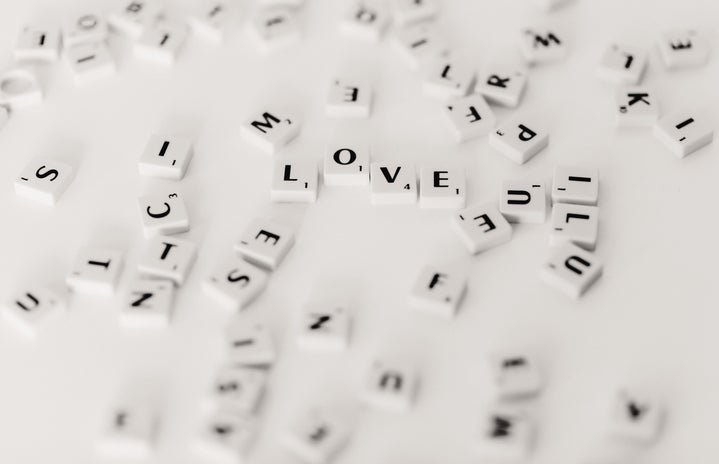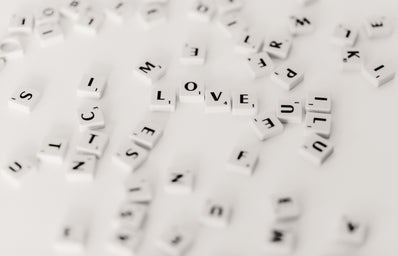Following our focus on T.V shows this week, HCX are turning our attention to another T.V programme The Year of Making Love (BBC 3) in order to debate whether science is the key to finding true love?
Britain’s Biggest Blind Date
The Year of Making Love hit our screens in the middle of February and since then we have been hooked. Described as “Britain’s biggest ever blind date,” this documentary follows 500 single men and women, using science to match potential couples. Emma and Thomas, the psychologists behind the programme have commented:
“Many people are single because they leave meeting someone to fate. What really matters is your psychological profile and that is what contributes to successful long term relationship.”
Clearly for the producers of the programme, psychology and science are key factors in not only finding true love but also keeping it. So much for the top, top of TP.
The matches were made based on an online questionnaire that established individual personality traits and characteristics. Once the contestants had filled in the survey, a computer algorithm cross-referenced the results and generated matches. Very high-tech!
[pagebreak]
Did The Experiment Work?
Prior to the conception of the programme, a study of this size had never been done before. Previously, evidence surrounding the success of compatibility tests in finding potential couples had been based on purely on theory. The programme attempted to put theory into practice with various results.
Whilst each episode showed at least one instance in which a couple found true love, there were just as many in which friendships as opposed to relationships were formed. What can be said is that when science did work, it worked. In the space of a year, one lucky girl was written a poem, asked out on a romantic weekend in Amsterdam and to top it all off, told that the boy had fallen in love with her watching the sunset on a beach in Cornwall. Nicholas Sparks could not have written it better himself. However, by the same token, when it didn’t work, it really didn’t work. One dashing man, on meeting his date showed the failure of the experiment by commenting: “I wouldn’t say I fancy her although it probably doesn’t help that I can see another female sitting across the room who I would say is more my type.” Another couple had a lot of promise, meeting the parents on the first date and sharing an adult sleepover, however when the girl didn’t hear back in 3 months, she decided it was time to stop pining after him and start her search for finding true love again.
What was surprising about the programme, were the number of couples that chose not to meet up after following their introductions. When matching the pairs, the psychologists behind the project were shocked by the number of people that did not continue in the process due to not being physically attracted to the person that science placed them with. Emma commented: “The whole premise of this experiment is to highlight that looks are not the key factor of success.” With this in mind, it is easy to see that science alone cannot be responsible for finding your next boyfriend. Clearly, you have to be attracted to the person on both an intellectual and physical level, highlighting that what works on the paper, may not be as successful in real life.
With this in mind, whilst science and psychology can be seen to contribute to a successful relationship, HCX would argue that this is not the bee-all and end-all. If we left it down to science, some of the most incredible relationships may never have been formed. As one girl told us, “If my boyfriend and I had done the compatibility test, we definitely would not have been matched. We are complete opposites and yet for some reason it works.” Also, we can’t help thinking that putting love down to science, somehow takes the romance out it. After all, saying you had high compatibility doesn’t really make for an exciting “first date” story.
To check out the programme for yourself, click here. We promise hours of procratination from essays.
Sources: www.bbc.co.uk, www.spartypots.wordpress.com,
Photo Credits: www.rlbss.com

